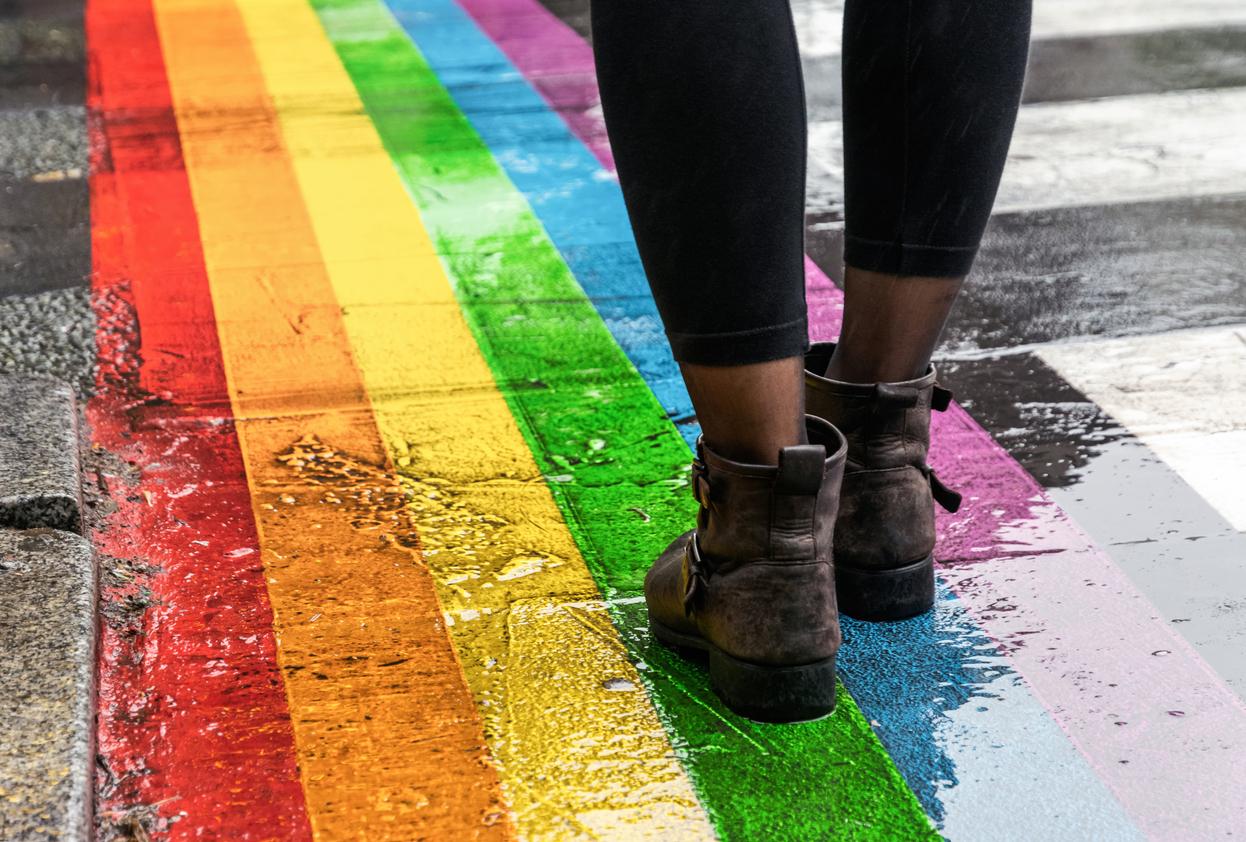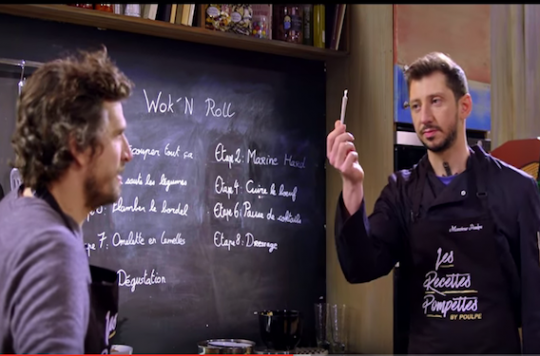The epidemic is declining and the time has come for the first assessments. Since December 2013, the Ebola virus has killed 9,000 people in three West African countries, Sierra Leone, Liberia and Guinea. But behind this humanitarian battle waged by NGOs and affected countries, the WHO is now the target of criticism. It was not until August 2014 that the United Nations recognized “the public health emergency of international concern”. Its Director General, Margaret Chan, herself admitted, “the world, including the WHO, was too slow to see what was unfolding before our eyes”.
During an executive council which was held this Sunday, and which Paul Benkimoun recounts in The world, the Member States joined in this mea culpa. “We must be ashamed because we have done far too little,” said the representative of the United Kingdom. “The WHO we have is not the WHO we need to respond to emergencies,” added the US spokesperson.
The emergency is no longer in the field, it is at WHO headquarters in Geneva. “Profound structural reforms” are needed, notes the journalist. In particular in three areas, explained Margaret Chan: “rebuilding and strengthening national and international emergency preparedness and response, addressing the way new medical products come to market and strengthening the way WHO operates in emergencies”. .
Painful observation to illustrate these “gaping holes” in the response to the virus: no vaccine or treatment was available, the daily recalls.
But this absence of command which falls to the WHO should not make us forget the timidity of the States, the weak mobilization of the industrialists and the lack of exchange of information between the member countries.
On the occasion of this executive council, several guidelines were adopted to restructure a new “governance” of the WHO. One is to set up a $100 million reserve fund to support drug research. It will be funded by voluntary contributions from member states. We are waiting for the sequel!













